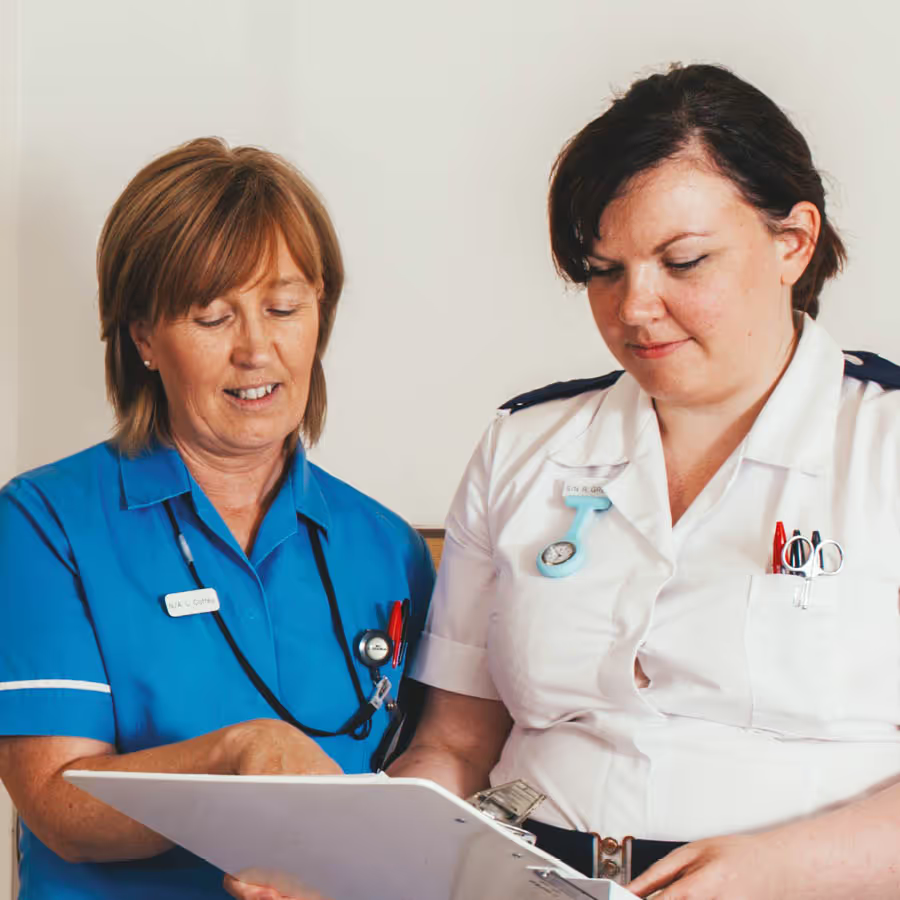Menu

Surgical

At the Ulster Independent Clinic, a variety of vascular surgeries are available, allowing you to address a broad range of circulatory system concerns and conditions. Vascular surgery is a unique medical specialty concerned with diseases of the vascular system - a complex network of blood vessels responsible for circulating blood throughout your body. These diseases can range from cosmetic issues like varicose veins to life-threatening conditions like aneurysms and stroke.
Our Vascular surgeons are extensively trained to provide surgical treatments, minimally invasive procedures, as well as medical management for vascular diseases. This means that they can provide holistic care that is tailored to individual patient needs and circumstances.
Common reasons include blockages in your arteries (also known as atherosclerosis), aneurysms, varicose veins, and deep vein thrombosis (DVT). You might also need a vascular procedure if you require dialysis for kidney disease, as the surgical creation of a dialysis access point improves the efficacy and safety of your treatment.
The process involved in these surgeries includes a consultation with your surgeon to discuss your condition and treatment options, pre-operative tests and preparations, the operation itself, and post-operative recovery and follow-up care.

Have a query?
Why not check out our FAQ’s were you will find answers to many previously asked questions.

3
Lorem ipsum dolor sit amet, consectetur adipiscing elit, sed do eiusmod tempor incididunt ut labore et dolore magna aliqua.















